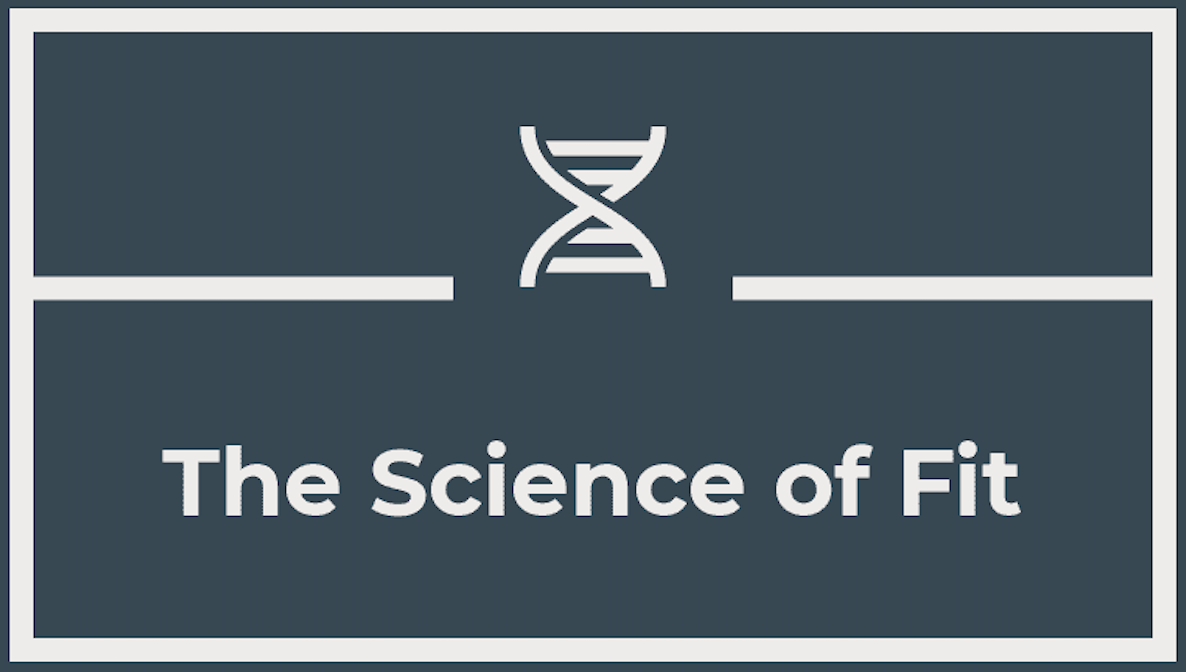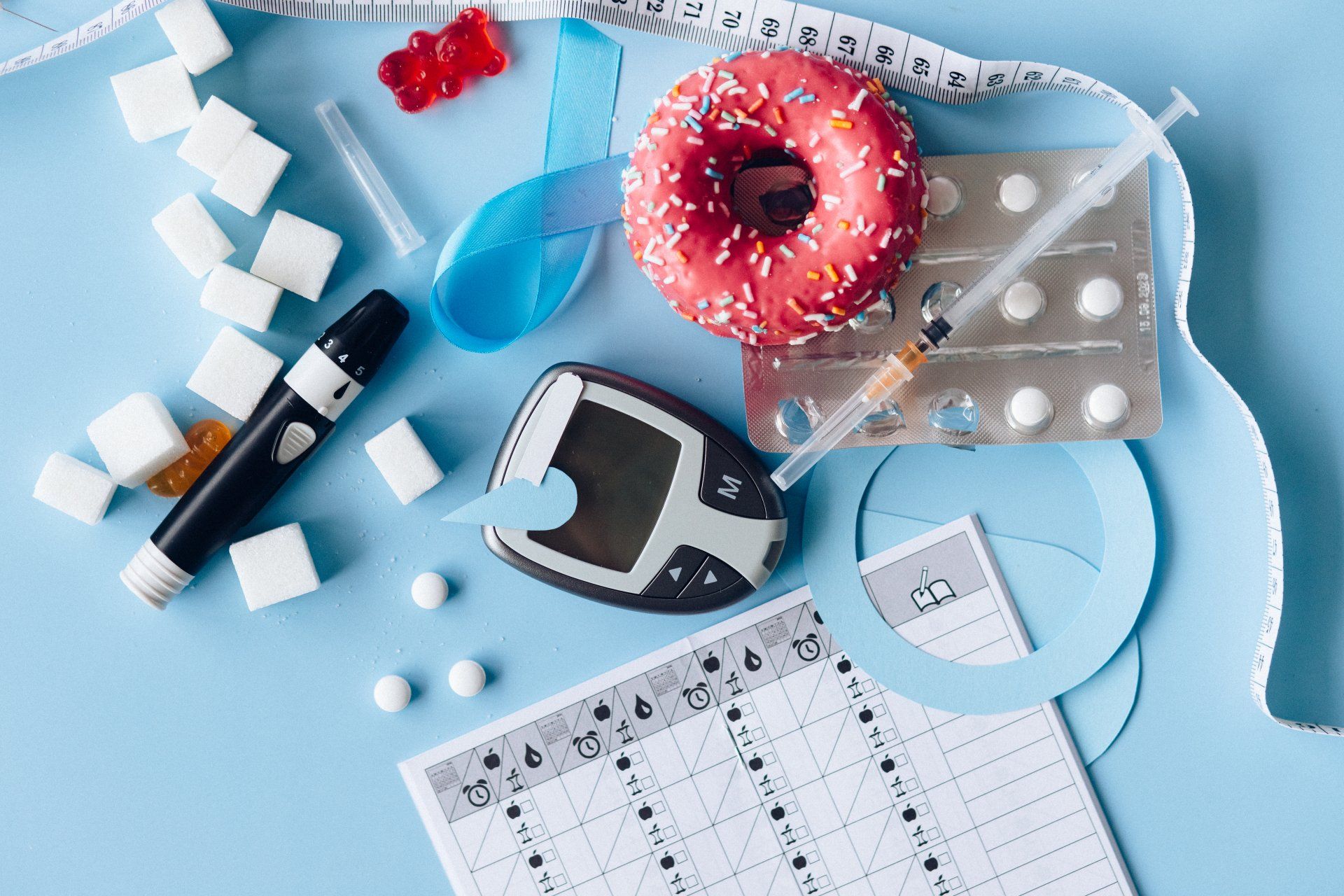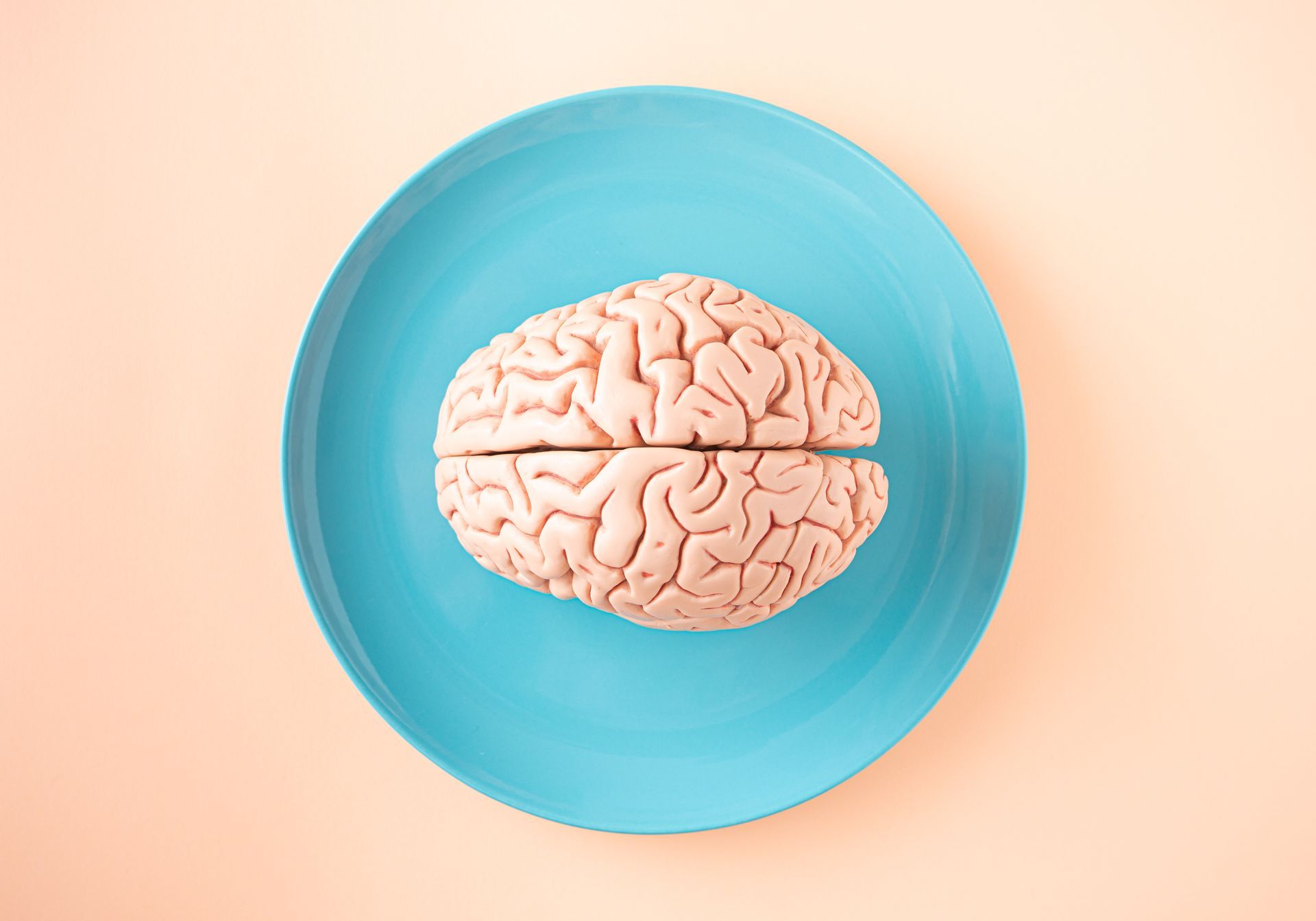What is a Metabolism?
You've heard it before, but what is it?
You've heard it a million times. Young people have fast metabolisms and it slows as we age, right? Well, sort of. In reality everyone's metabolism is different and there are things that we can do to affect it. But first, lets slow down and explain first what our metabolism actually is.
In its simplest form, the metabolism is the collection of chemical reactions that occur in the body that provide energy and the building blocks for creating new material. Your metabolism is also important for removing waste from the cells in order to keep everything running efficiently. These reactions occur in every cell of our body and are categorized as either "catabolic" or "anabolic". Catabolic is the breakdown of molecules while anabolic is the formation of more complex molecules.
What most people are concerned about is their basal metabolic rate (BMR). The BMR is what determines the amount of calories you burn while at rest. There are a few factors that affect the BMR. The most important is that increased muscle mass increases your BMR. That means that if you had two people each weighing 170 pounds, but one had 15% body fat and the other had 25% body fat, the person with 15% body fat would burn more calories just by existing. This is just one reason why it is so much harder to lose fat than to gain fat; It is a negative feedback loop. The higher percentage body fat you have, the less efficient your body is going to be at breaking down and processing the nutrients you consume.
Additionally, as we age we tend to be less active. As we become less active, we lose muscle mass and thus our BMR slows. As with most things in fitness, consistency is key. Digging more into the scientific aspect of things, there have been studies on both the differences in mitochondria as well as the Na+/K+ pumps in younger and older individuals. These two components are largely responsible for driving the chemical reactions I mentioned earlier. It was found that older individuals had Na+/K+ pumps that worked slower, fewer mitochondria, and the mitochondria that were still present were 30% less efficient.
So after reading this you may ask yourself what you can do to help maintain an elevated metabolism. Well thanks to years of research and the advancement of technology, we have an idea of a few things that are beneficial to our BMR:
The most obvious thing to do is maintain an active lifestyle. Whether that means going for a run several times per week, playing tennis with your friends, or taking a trip to the gym to lift weights, it all makes a difference. The most effective activities are HIIT and Resistance training.
The next factor, which is often the most overlooked, is sleep. Our bodies need rest. It has been studied and proven that lack of sleep can induce weight gain and other disorders. This is due to the negative impact on the hormone levels and presence (or lack thereof) of certain receptors in charge of glucose metabolism.
Finally, what and how much you eat also contributes to your BMR. Things that contain caffeine or other stimulants have been shown to increase your metabolic rate. Additionally, if you are trying to diet to lose weight, DO NOT STOP EATING. Yes you try to limit your caloric intake to your caloric expenditure, however, not eating can actually inhibit weight loss as it slows your metabolism. A good example of what strict dieting without understanding your situation can be found here .
In summary, our metabolism is based on of some of the most essential chemical reactions occurring in our cells. While it may seem complicated, there are simple things that we can do everyday to help maintain a good basal metabolic rate and keep our bodies working efficiently.
Fitness From Head to Toe
Contact Us
Contact Us
We will get back to you as soon as possible
Please try again later











